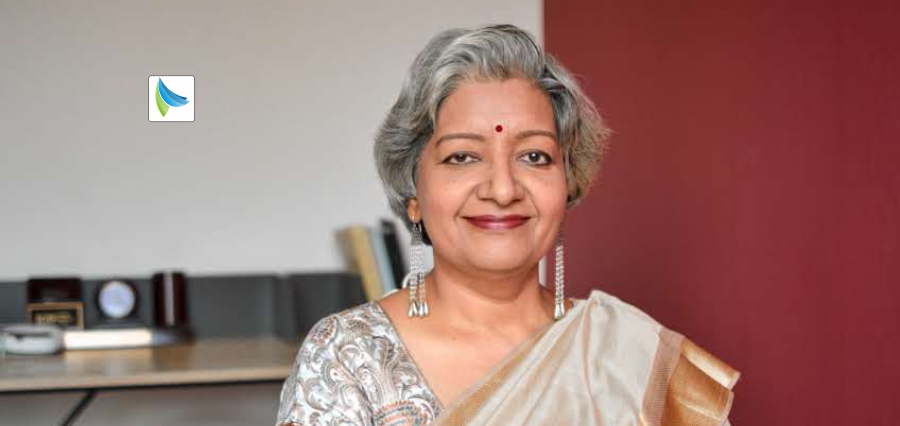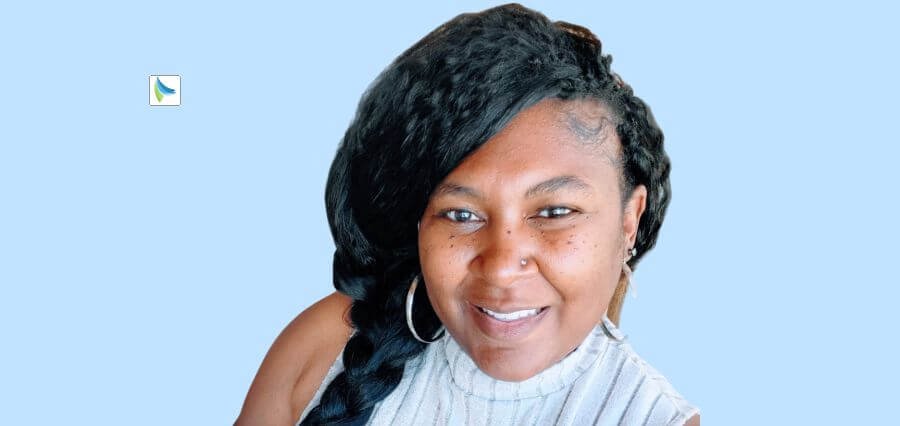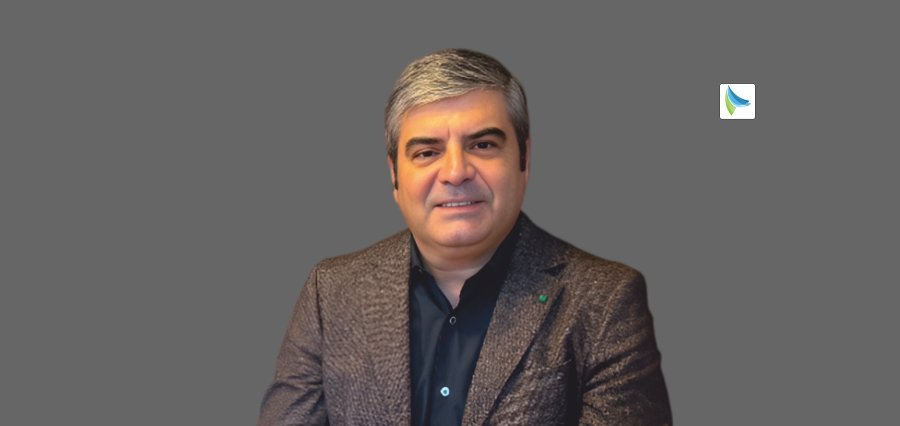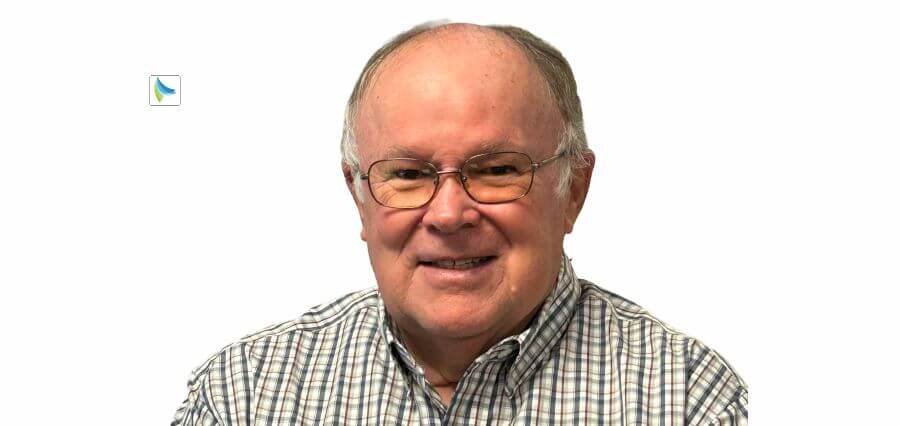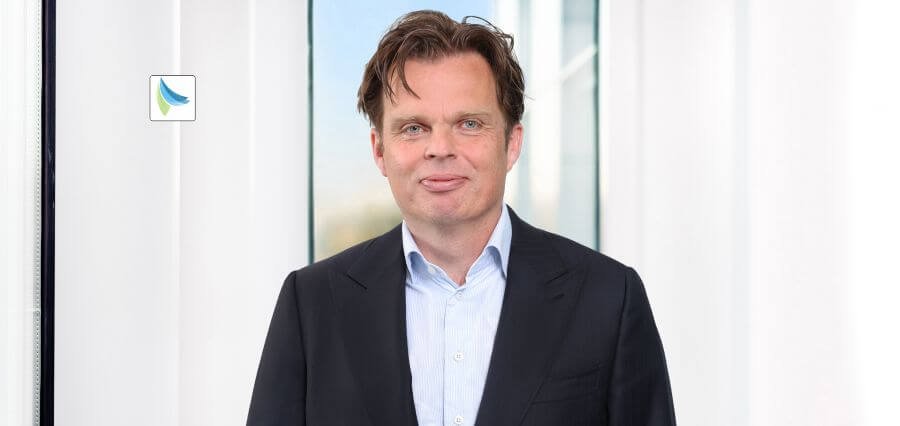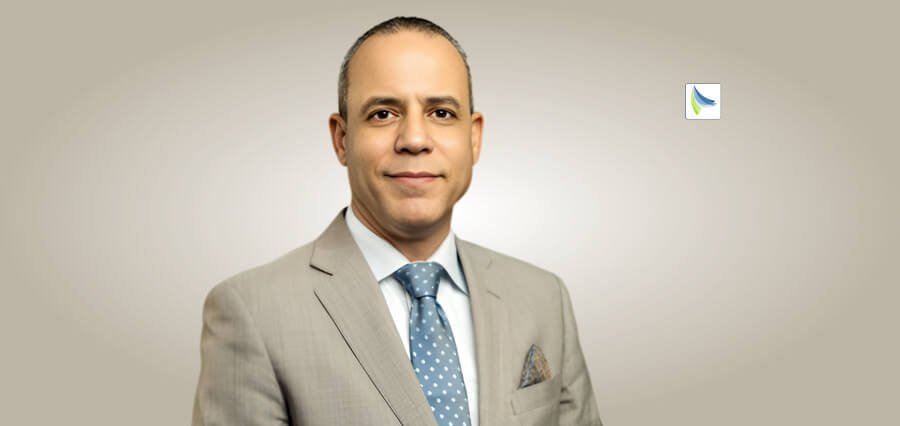Contemporary management approaches often face challenges in keeping pace with the evolving expectations of today’s business landscape. In many organizations, familiar training methods and updated policies alone may not be enough to nurture meaningful employee engagement, overall well-being, and a positive workplace experience. While traditional business metrics offer clear insights into performance, less visible dimensions—such as emotional alignment and cohesive team energy—play a crucial role in shaping organizational culture. As companies seek more lasting solutions, it becomes evident that genuine transformation is possible only when there is thoughtful attention to the human aspects of workgroup dynamics. Recognizing and supporting these subtleties can help create a workplace environment where every individual feels valued, connected, and empowered to contribute.
Shivi Dua began her career as an IT professional in the fast-paced environment of corporate India, where quarterly targets and performance benchmarks shaped everyday priorities. Drawing upon her years in the industry, she has developed a new paradigm for organizational change that focuses on exploring “energetic, emotional, and relational imbalances” underlying visible challenges in workplace culture. As the founder of Serenity Surrender (SS), Shivi Dua has spent over two decades refining a system that integrates spiritual insights with practical, office-based solutions. Her transition—from the routine of IT work to a career as a healer, trainer, and author—reflects not just personal growth but a broader rethinking of what it means to achieve lasting success through inner alignment and collective wellbeing.
The Seeds of a Revolutionary Approach
More than two decades ago, Shivi Dua first explored Reiki and Theta Healing, experiences that planted the seeds. However, she was guided to a completely new modality, which she channelled in 2010, as Serenity Surrender (SS). SS, as a healing process, is a structured system designed to support individuals in living with greater love, peace, and joy by engaging with the energy both within and around them. As workplace challenges such as burnout and disengagement became increasingly prevalent, Shivi Dua focused on developing an approach that addresses such issues at their deeper, energetic source.
Shivi Dua emphasizes that “surrender” is often misunderstood as defeat, while she defines it as a form of self-empowerment—an intentional choice to release internal resistance. This foundational idea shapes her strategy for organizational change, suggesting that reducing mental and emotional blockages can promote clarity, calm, and collaborative action in the workplace. According to Shivi Dua, difficulties within the workplace often reflect broader individual challenges, such as feeling unheard, being blamed without cause, public setbacks, and team disagreements.
What distinguishes SS from conventional corporate training is its focus on inner drivers rather than just surface-level behaviour changes. Shivi Dua’s model recognizes that feelings like loss, frustration, and fear—if left unaddressed—may transform into patterns such as worry, distrust, or withdrawal, which can create hidden barriers to teamwork and innovation. She clarifies that SS is not merely a method or a technique; it is a framework that highlights the energetic, emotional, and relational factors beneath the visible dynamics of teams.
Shivi Dua observes that today’s workplaces tend to be saturated with information, leaving little space for reflection or deep listening. Multitasking and reactive thinking can lead to fragmented attention, which undermines group performance and increases stress. Her work highlights the impact of both personal and shared emotional habits on work relationships—especially how underlying fears can disrupt collaboration and creativity, fostering defensiveness rather than open, collective engagement, ultimately affecting group performance.
“SS isn’t a method, technique, or tool, actually,” Shivi Dua asserts. “It is an alignment template that indicates what other techniques don’t—the energetic, relational, emotional imbalances beneath the surface-level dysfunction.”
Above all, Shivi Dua observes that the emotional habits individuals bring to work—especially unaddressed fears—can undermine teamwork and creativity, fostering defensive communication rather than open, constructive collaboration.
The Science of Surrender in the Workplace
Shivi Dua begins with the premise that when individuals get caught up in their thoughts or emotions, their ability to choose freely is hindered. For her, inner surrender means releasing internal congestion to enable clearer perception and more aligned responses.
“Imagine walking into a crucial meeting already burdened with anxiety due to a prior email or criticism,” she explains. “That residue affects tone and clarity. Inner surrender allows for releasing that inner static so one comes in as oneself, not one’s most reactive self.”
This concept applies broadly to understanding how emotional states influence work. Human bodies often tense up with stress, and minds shut down due to emotional blockages. Shivi Dua’s approach focuses on “unclenching the internal pressure,” allowing individuals to navigate situations with greater clarity rather than resisting what is.
The tangible benefits of this philosophy are evident in measurable outcomes. Individuals adopting the SS method tend to be emotionally healthier, offering stronger leadership, clearer decision-making, and reduced mental clutter. This translates into greater efficiency and improved team performance by fostering responsive rather than reactive communication styles.
Getting Rid of Blame Culture at the Root
Among Shivi Dua’s significant contributions to organizational design is her work on transforming blame cultures. She views blame not simply as a behaviour to be corrected through policies or training, but as a symptom of underlying fears and unresolved emotional wounds.
“Blame culture is not finger-pointing,” she explains. “It’s a culture where people seek to shift blame to avoid accountability or consequences, errors are hidden rather than learned from, and conversations focus on ‘who did what’ instead of ‘what’s needed now.'”
Her approach addresses blame culture on multiple levels. First, she identifies fear—particularly fear of discovering difficult truths—as a primary driver of blame. Second, she highlights the internal confusion and self-doubt that fuel defensive projections. By clearing mental clutter and emotional buildup, individuals become better able to respond thoughtfully rather than react impulsively in challenging situations.
Additionally, SS recognizes that blame often stems from past emotional challenges—such as previous mistakes, struggles with authority, or difficult peer relationships—that create unconscious defense mechanisms. Offering a safe way to release stored emotions without forcing overt expression allows individuals to move forward free from past burdens.
Finally, Shivi Dua emphasizes that cultivating perspective-taking and energetic alignment naturally encourages ownership rather than self-preservation. When individuals feel secure and centered internally, accepting responsibility becomes a natural and confident choice rather than a source of fear.
While much of Shivi Dua’s 20 years of practice has focused on individuals, this work has deep relevance for organizations today. Healthy individuals form the foundation for healthy teams, and cultivating emotional clarity and responsibility at the personal level is essential for building collaborative, resilient workplace cultures ready to thrive.
The Holistic Framework for Transformation
The SS Corporate Program provides what Shivi Dua calls a complete change system by which groups can transition away from unconscious modes of functioning, into conscious, integrated, and emotionally safe workspace. The change arises from the combined effect of widespread individual healing and group processes that reconnect individuals with themselves and with one another.
Internal locus of control is the secret to this approach. “To move in to find out what one is experiencing as a result of others and the environment is more empowering than it seems,” Shivi Dua states. “It puts control into the individual’s hands where it ought to be. It is blaming the externals that disempowers a person because then there really isn’t anything one can do to enhance one’s experience.”
It is an approach different from traditional team building or conflict resolution, focusing on inner awareness and emotional self-control to handle difficult situations. Rather than trying to change outside factors or other people, SS helps individuals find clarity and ease within themselves, no matter the circumstance.
One of the challenges SS addresses is how to measure subtle yet significant changes. Unlike traditional training that focuses on outward behaviour, SS works on shifting the “internal energetic and emotional baseline” of individuals and teams.
Shivi Dua’s assessment looks at changes in areas like clear versus unclear thinking, thoughtful versus reactive responses under pressure, openness to difficult conversations, team engagement, making thoughtful decisions instead of rushed ones, quicker recovery from conflicts, and overall team energy.
“These shifts take root deeply,” she explains. “Though they may start quietly, they show up in how people lead, listen, and interact over time.”
This reflects a deeper, more sustainable kind of change—one that happens at the level of how people are, not just what they do. Instead of measuring only outcomes and behaviours, SS focuses on the internal states and energy that drive those actions.
This framework is designed to be a practical support for HR leaders and teams, helping create healthier workplace dynamics and sustaining meaningful change in daily operations.
Impact on Organizational Outcomes
“People don’t leave organizations just because of pay,” Shivi Dua reminds us. “They leave because they feel unheard, invisible, or undervalued. Teams burdened with unresolved stress or burnout also become points where people choose to exit.”
By helping release the emotional burdens that cause dissatisfaction and guiding employees towards a clearer sense of purpose, SS supports organizations in building cultures where people naturally want to stay and develop. Retention, in this view, flows from internal alignment rather than external rewards.
Shivi Dua defines engagement as genuine passion, not merely an outcome. Disengagement often results from feeling overwhelmed, out of sync, or drained—signs of an emotionally unsafe environment that leads to withdrawal. By clearing emotional blockages and reconnecting individuals with their natural flow, SS helps restore energy and authentic motivation.
Innovation, Shivi Dua observes, is hindered when people operate from stress and fear. Hypervigilance for self-protection limits access to what she calls “intuitive intelligence and creative flow.” By reducing fear of judgment and releasing old patterns of failure, SS fosters the return of natural creativity and fresh ideas.
The Future of Workplace Well-being
Five years later, Shivi Dua sees a significant shift in how companies prioritize team wellbeing and empowerment. Instead of treating mental and emotional health as an HR afterthought, organizations are now making them core to their culture and strategy.
She believes this shift is essential: “Companies will realize that rising burnout, disengagement, and concentration challenges are costing more than ever before.” This awareness will move leadership from relying solely on external controls to valuing inner awareness, balance, and clarity—even in high-stress situations.
For Shivi Dua, the future of success lies in how deeply emotional clarity and inner alignment are woven into productivity strategies. This approach redefines corporate success by focusing on sustainable performance rather than short-term wins, paving the way for more resilient and empowered teams.
Building a Global Movement
Since the first workshop in 2010, SS has grown to become a global phenomenon with more than 30, offline and online, courses and a presence in different geographies and cultures. Its expansion from India to the UK, USA, Australia, and the Middle East is a testament to its widespread use in all aspects of human behavior.
Shivi Dua’s books, such as “Let the Power Be with You,” “Let Go Mom… I will be fine,” and her most complex book, “Eternity,” provide easy access for anyone willing to learn and implement SS principles. The books utilize personal experiences, case studies, and divine revelations to guide people to empowerment and freedom. Her most recent book, “My Shape,” co-authored with Gaurav Dua, her husband and a veteran corporate leader, beautifully meshes human relationships and corporate realities.
Shivi Dua founded “Breathe – Exhale Your Toxins” in 2021, yet another modality that would enable people to consciously release stress and emotional burden from themselves. This one teaches effective techniques for continuous body and emotional healing through mindful release methods.
The Personal Touch
Shivi Dua is a highly experienced and dedicated practitioner of change, having invested over 20,000 hours mastering her energy-healing craft. She combines deep expertise with practical insight, navigating corporate cultures that are often cautious about unconventional approaches.
Her journey from an IT consultant to a spiritual teacher offers a relatable example for many corporate leaders seeking to redefine success. Her own background lends credibility to her contention that company-level transformative change will need to start with inner work at the personal level.
Participants often speak of the deep personal impact of her work. One reflects, “It was a state of being, a sense of wholeness, full of love.” Another shares, “I feel braver facing life because I know I’ll be recognizing myself through all circumstances.”
A Vision for Organizational Evolution
At the heart of Shivi Dua’s work is a vision for a new kind of business success—not measured by productivity alone, but grounded in inner alignment, emotional coherence, and what she calls “soul-led collaboration.”
This vision calls for deep cultural change, where transparency replaces control, resonance outweighs reactivity, and human presence is valued alongside traditional performance metrics.
By shifting the internal narratives that hinder trust, SS helps create truly connected teams built on genuine alignment rather than fear-based compliance. “We have to shatter the cacophony that breaks trust, and build inner harmony in people and between communities, and that will cascade into harmonious teams,” Shivi Dua explains, capturing the ultimate aim of her approach.
The Ripple Effect
Shivi Dua’s work extends far beyond individual companies, offering the potential to transform society at large. By reimagining workplaces as spaces for healing, growth, and genuine collaboration, her approach can influence not only how we work but also how we relate to one another in all areas of life.
Her blend of personal responsibility and empathy provides a valuable framework for resolving conflicts and dysfunction not only within organizations but also in communities, schools, and even international relations. Shivi’s core philosophy that “any situation which looks like a problem contains its own solution” offers hope for addressing problems that seem insurmountable from conventional viewpoints.
As businesses face complex issues like virtual work environments, generational differences, and fast-changing markets, Shivi Dua offers a balance not through external models but by fostering internal alignment. She suggests that the greatest long-term competitive advantages will come not from technology or market positions, but from collective emotional intelligence and energetic harmony within teams.
In a time when traditional organizational structures and management styles often fall short in addressing complexity, the Serenity Surrender path offers a profound alternative. By learning to recognize and respond to subtle forces at play, her method opens avenues for change that honour both human dignity and business success.
Shivi Dua’s own journey—from a software professional to a spiritual guide—reflects the transformation she supports in others. She emphasizes a shift from outward-focused thinking to inside-out alignment, which simultaneously enhances external performance. As more organizations acknowledge the limits of purely rational approaches to human collaboration, Shivi’s integration of spiritual insight and practical wisdom provides a sustainable, fulfilling way forward.
Ultimately, the measure of her impact is not just in numbers, but in the thousands of individuals empowered to embrace transparency, abundance, and true cooperation—transforming workplaces once marked by tension, competition, and defensiveness. This quiet revolution holds immense promise for reshaping how people work together towards shared goals.
In case you want to know more or book an introductory call with Shivi – please contact dua_g27@hotmail.com or WhatsApp 9650448829.






